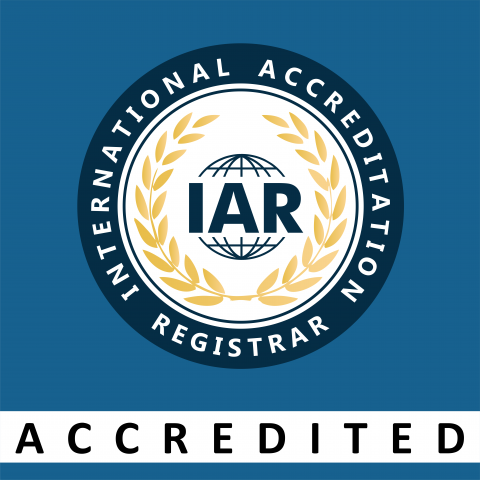You are here
Frequently Asked Questions - Internal Audit
Starting with your initial consultation with our ISO specialists and progressing through certification, the timeline can be as short as 15 days. However, the duration is contingent upon the size and complexity of your business. It's worth noting that we can often expedite the process and reduce costs by preparing the Documented Management System Manual on your behalf, which can also accelerate the certification for your business.
Following ISO 17021 guidelines, accredited certification bodies must provide certified organizations with certificates covering a 3-year certification cycle. Extensions beyond this timeframe are possible with the completion of necessary external audits and adherence to the certification cycle. ISO Certification, for instance, commonly issues certificates throughout a ten-year contract period.
At Company Certification, our dedication is to ensure that ISO certification remains cost-effective for all our clients. The expenses involved depend on various factors including your industry sector, annual turnover, number of employees, and other considerations. Feel free to utilize our complimentary calculator to receive an instant quote.
ISO certification is reserved for organizational entities, and not for individual professionals.
An internal audit is a systematic and scheduled examination of the processes and procedures outlined in your management system. It serves as a vital component of ISO Standards compliance, ensuring that established processes are adhered to and validating the effectiveness of the implemented procedures.
The advantages of conducting an internal audit include:
- Ensuring the achievement of goals and objectives.
- Enhancing communication and understanding within the organization.
- Offering individuals a platform to report concerns.
- Serving as an effective training tool.
- Verifying the maintenance of planned arrangements, such as product quality.
- Providing valuable feedback to supervisors.
To formulate an internal audit schedule, you must determine the scope and timing of the audits. This information is documented in the internal audit schedule, a crucial document for consultants to review. For intricate processes, it may be necessary to conduct audits in distinct segments. Additionally, if particular areas have a history of recurring issues, more frequent and detailed checks may be required. When constructing the schedule, it's essential to consider past non-conformities.

